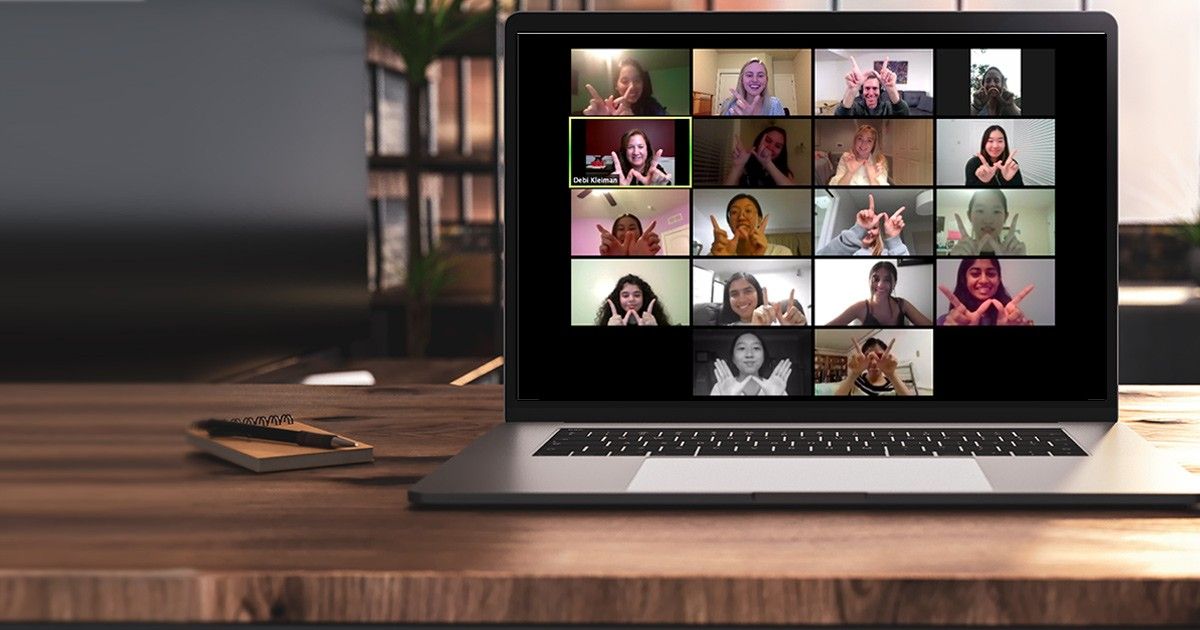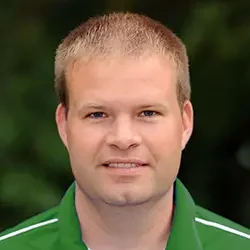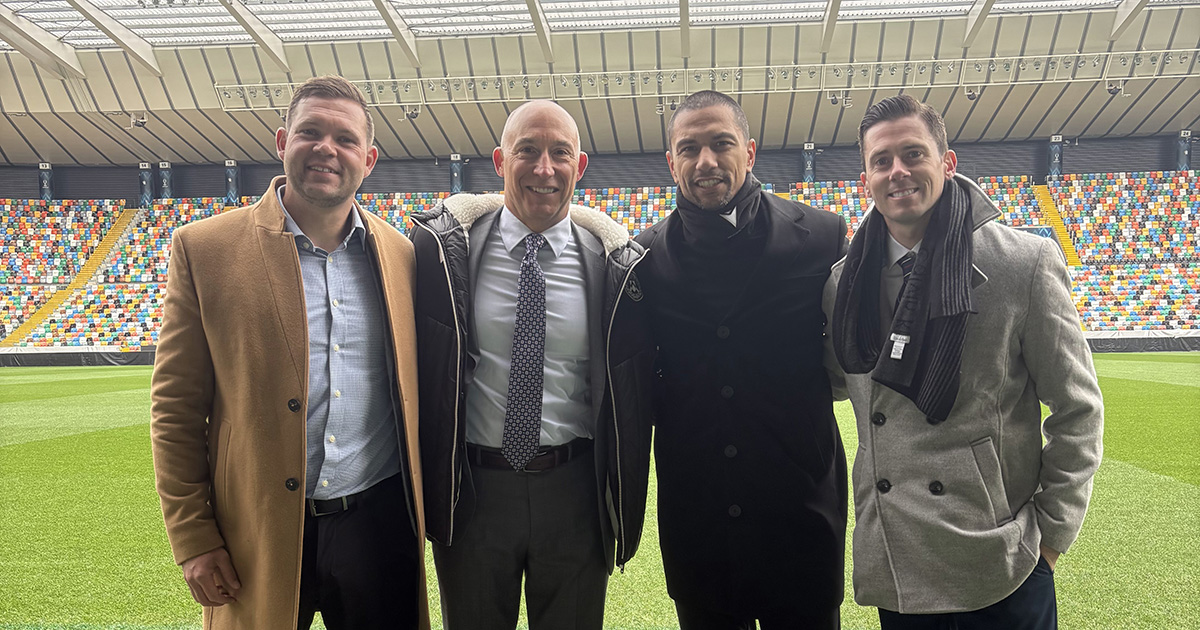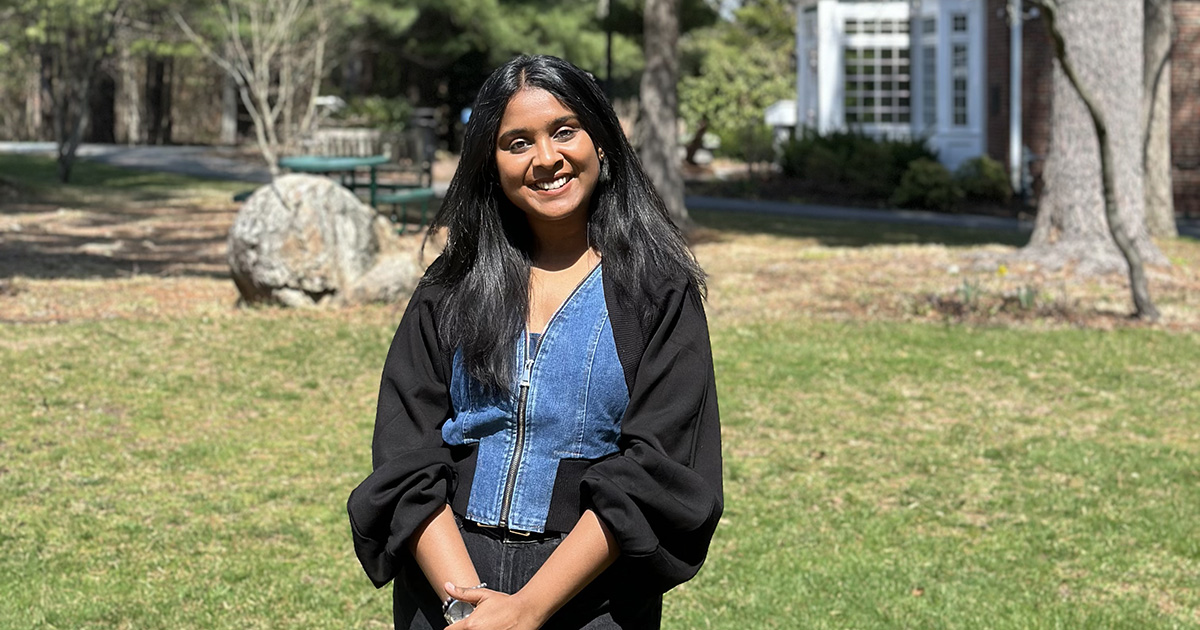Three Colleges. Six Student Leaders. One Project W.

The power of entrepreneurial leadership is on full display during a typical day at Babson, but when you combine innovation and creativity among students from Babson, Olin and Wellesley (BOW) colleges, that power becomes amplified.
Last March, before being sent home for the semester, a small cohort of BOW women gathered to address two pressing issues: a desire for more meaningful collaboration between the three campuses; and a need for space and support for women leaders and innovators.
“Once we started connecting with students at all three schools, we learned there were more similarities between us than we originally thought,” said founding team member Maya Mutalik ’21. “The most salient being that everyone was working on really cool things. Nonprofits, blogs, ventures, art, robots, algorithms, the list goes on.”
“The creativity and scope of the passion projects BOW students are pursuing is incredible, and we saw a real opportunity to bridge the gap between the schools and provide a space for the creation of high-impact collaborative projects while directly supporting women leaders,” said Ashritha Karuturi ’22, also a member of the founding team.
Introducing Project W
By May, the group launched Project W, an organization dedicated to inspiring and fostering interdisciplinary collaboration among women innovators and entrepreneurs across the BOW colleges. Innovators, artists, engineers, and critical thinkers from all three colleges unite to start high-level projects and foster meaningful relationships.
Joining Mutalik and Karuturi on the founding team are Babson’s Maxine Anderson ’22 and Ella Wahlestedt ’21, Olin’s Sreenidhi Chalimadugu ’23, and Wellesley’s Julie Lely ‘23, Rachel Navarrette ’21, and Bella Stewart ’23.
At launch, the group focused on building a virtual community. That decision is paying dividends today. Their online community has hosted a diverse array of workshops and speaker events while launching an incubator called Project Pods. They also brought together more than 300 women through a Facebook community.
The four Babson founders are all Center for Women’s Entrepreneurial Leadership (CWEL) scholars and alumni of Babson’s student entrepreneurial living learning community, eTower.
“CWEL is a wonderful program, and we’re excited to be partnering with them to grow Project W,” said Karuturi. “It gave the four of us a platform to connect with some incredible entrepreneurs and the resources to get Project W off the ground.”
Beyond Project W, Mutalik runs an ethical fashion brand she launched called Hope Sews, Anderson works as the head of impact for Babson student-run startup Arist, Karuturi interned at Babson alum-led startup Forefront, and Wahlestedt founded a backpack brand.
“What I love about Project W is that it was built for female students by female students,” said Debi Kleiman, executive director of the Arthur M. Blank Center for Entrepreneurship. “All the initiative and organization came from their passion and interest. Through their projects and events they are showing the importance and power of female connection and curiosity to create impact. At the same time, they are expanding the definition of entrepreneurship to welcome new people and approaches that might not otherwise have surfaced. They are amazing women!”
The Power of Networks
Mutalik references networks being everything in entrepreneurship and notes students who create high-level ventures and projects are more likely to achieve their goals if they connect with diverse and talented students around them. At Project W, they bring in industry experts, professors, and BOW alumni to workshops and programming.
BOW lends itself well to tapping into extraordinary networks with Babson being the top entrepreneurship school, Olin a renowned engineering institution, and Wellesley one of the best liberal arts institutions in the country. But, beyond that, students from each of these institutions have interests in more than what their colleges specialize in.
“There’s a lot of opportunity for cross-pollination,” said Karuturi. “The potential of BOW is that while everyone is immersed in the niche of their home institutions, they do not have to be pigeonholed by them. Project W actively encourages students to explore other applications of their interests.
“The word interdisciplinary is really key to Project W. We embrace innovation and creativity in every industry. We also challenge traditional notions of entrepreneurship being related only to the success of a for-profit scalable venture. Creative disruption exists in disciplines far beyond business and tech, and we seek to bring light to and learn from nontraditional entrepreneurs.”
Much progress has been made since the organization’s launch last spring and there’s more to come for Project W, especially when the time presents itself for the students to reconnect and reunite in person.
“Our primary goal is to build a strong and supportive community for BOW women to connect, learn, and grow,” said Mutalik. “We strive to make our members feel motivated, supported, and empowered on their paths to achieving their goals. Project W is the place you go when you have an idea you want to turn into a reality.”
A Note from the Project W Team: “The Project W community welcomes cis and trans women as well as non-binary or gender nonconforming individuals who see themselves as partially or sometimes identifying as a woman and/or feel they would benefit from accessing a women-centered space.
If you are a BOW professor or industry expert interested in hosting a workshop, extending office hours, or being a mentor in the Project W community, fill out this quick survey or get in touch at bowprojectw@gmail.com. Students interested in joining the Project W Facebook community can join here.”
Posted in Community




